The Physician Advocate
Dr. Elizabeth Lehto
In today’s ever-changing political climate, the role of physicians as patient advocates is becoming ever more important. You may be thinking: What is advocacy? How can I do it? I want to help, but I just don’t have the time. If so, this is the place for you.
Most healthcare professionals are well acquainted with their roles as advocates for individual patients. Most of us have taken extra steps to ensure that a patient receives a needed service, such as getting a prescription they are having difficulty affording or helping ensure safe transport home from the hospital. While we often recognize what we can do to help individual patients, more work is needed to address the root cause of these problems so we can reach all patients.
The association between social determinates of health, which are the conditions and environments in which people are born, live, learn, work and play, and health outcomes is well documented.¹ In 2000, approximately 245,000 deaths in the United States were attributable to low education, 176,000 to racial segregation, 162,000 to low social support, 133,000 to individual-level poverty, 119,000 to income inequality, and 39,000 to area-level poverty.² As health care providers, we are uniquely positioned to function as public advocates for patient health, as we understand the connection between these social factors and medical outcomes.
Physician advocacy is defined as action by a physician to promote the social, economic, educational, and political changes that ameliorate the suffering and threats to human health and well-being that are identified through professional work and expertise as a health care provider.³ There are multiple ways to be an advocate for patients, and health advocacy is often divided into five categories.⁴
Clinical advocacy:
Clinical advocacy focuses on an individual patient in a clinical setting, addressing a specific medical issue. Many of us do this already, but may not think of it as advocacy. This includes things such as working to help a patient get a prescription or providing samples of formula to a new mom.
Paraclinical advocacy:
Paraclinical advocacy focuses on an individual patient but directed towards addressing a social need that affects the patient’s health, such as providing resources about food banks to a patient experiencing food insecurity.Practice quality:
Practice quality improvement is deliberate changes made within a practice to improve services and outcomes for a particular population of patients, often those who are marginalized or experience health inequalities, such as recognizing that working single parents have higher ED visit rates due to inability to attend clinic during working hours and making practice change to include more evening and weekend hours.Activism:
Activism is system-levels activities to make lasting changes to the system such as involvement with community groups, creating policy change, and lobbying.Knowledge exchange:
Knowledge exchange includes research and dissemination, teaching, and outreach about advocacy related topics.
Through this blog series we hope to help demystify advocacy. Often, we think of advocacy as something that is scary or that takes a lot of work. Likely you are already practicing advocacy alongside medicine in your clinical practice. In this series, we will review advocacy related topics and give steps on how to become a better advocate for your patients.
Elizabeth Lehto, D.O.
University of Louisville | UL · Department of Pediatrics | Doctor of Pediatric Emergency Medicine
Dr. Elizabeth Lehto is a Pediatric Emergency Medicine Attending at Norton Womens and Children’s Hospital. Dr. Lehto attended Midwestern University Arizona College of Osteopathic Medicine and completed her residency and fellowship at the University of Louisville.
References
Braveman P, Gottlieb L. The social determinants of health: it's time to consider the causes of the causes. Public Health Rep. 2014;129 Suppl 2(Suppl 2):19-31.
Galea S, Tracy M, Hoggatt KJ, Dimaggio C, Karpati A. Estimated deaths attributable to social factors in the United States. Am J Public Health. 2011;101(8):1456-1465.
Earnest MA, Wong SL, Federico SG. Perspective: Physician Advocacy: What Is It and How Do We Do It? Academic Medicine. 2010;85(1):63-67.
Dobson S, Voyer S, Hubinette M, Regehr G. From the Clinic to the Community: The Activities and Abilities of Effective Health Advocates. Academic Medicine. 2015;90(2).





